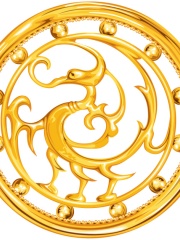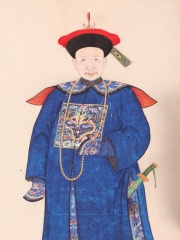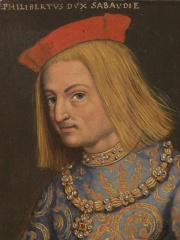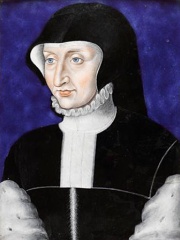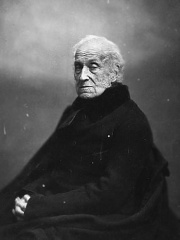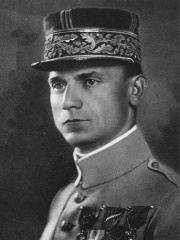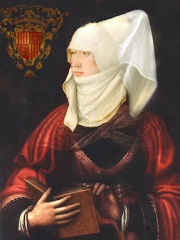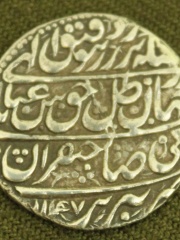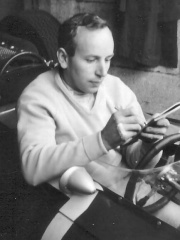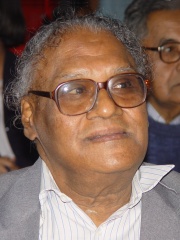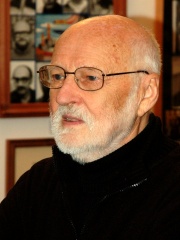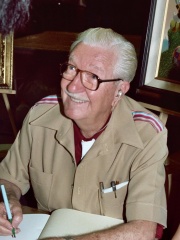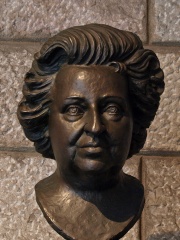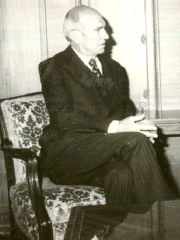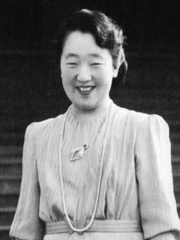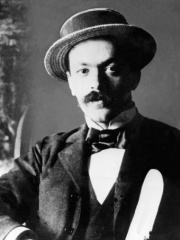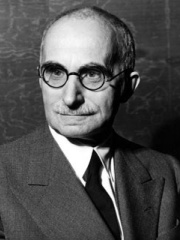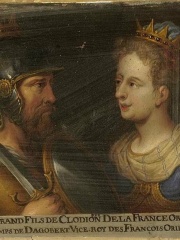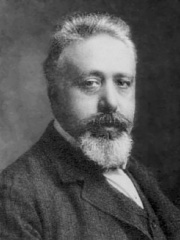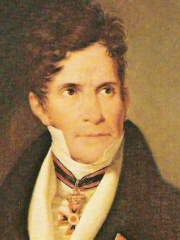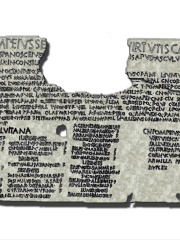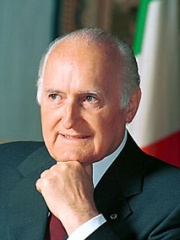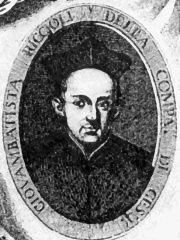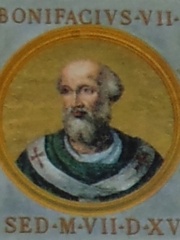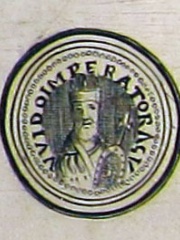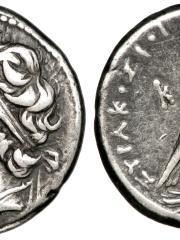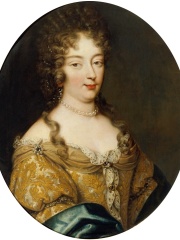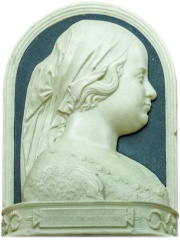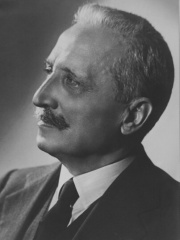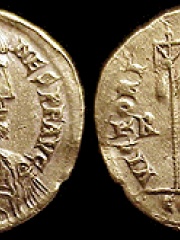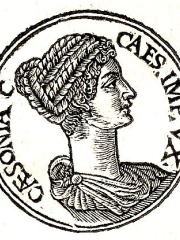POLITICIAN
Bettino Craxi
1934 - 2000

 Bettino Craxi
Bettino Craxi
Benedetto "Bettino" Craxi (UK: KRAK-see, Italian: [betˈtiːno ˈkraksi], Sicilian: [ˈkɾaʃʃɪ]; 24 February 1934 – 19 January 2000) was an Italian politician and statesman, leader of the Italian Socialist Party (PSI) from 1976 to 1993, and the 45th prime minister of Italy from 1983 to 1987. He was the first PSI member to become prime minister and the second from a socialist party to hold the office. He led the fourth-longest government in the Italian Republic and he is considered one of the most influential politicians of the First Italian Republic. Craxi was involved in investigations conducted by Mani pulite judges in Milan, eventually being convicted for political corruption and illicit financing of the PSI. He always rejected the charges of corruption while admitting to the illegal funding that permitted costly political activity, the PSI being less financially powerful than the two larger parties, Christian Democracy (DC) and the Italian Communist Party (PCI). Read more on Wikipedia
His biography is available in 63 different languages on Wikipedia (up from 62 in 2024). Bettino Craxi is the 3,560th most popular politician (down from 3,299th in 2024), the 1,099th most popular biography from Italy (down from 1,058th in 2019) and the 240th most popular Italian Politician.
Bettino Craxi was the Prime Minister of Italy from 1983 to 1987 and from 1989 to 1992. He is most famous for his corruption.
Memorability Metrics
Page views of Bettino Craxi by language
Among POLITICIANS
Among politicians, Bettino Craxi ranks 3,560 out of 19,576. Before him are Yuri of Goguryeo, Heshen, Philibert II, Duke of Savoy, Emperor Kōgen, Antoinette de Bourbon, and Adam Jerzy Czartoryski. After him are Kevin McCarthy, Milan Rastislav Štefánik, Tufuga Efi, Blanche I of Navarre, Abbas III, and Mursili III.
Most Popular Politicians in Wikipedia
Go to all RankingsYuri of Goguryeo
38 BC - 18
HPI: 68.66
Rank: 3,556
Heshen
1750 - 1799
HPI: 68.66
Rank: 3,557
Philibert II, Duke of Savoy
1480 - 1504
HPI: 68.65
Rank: 3,558
Emperor Kōgen
272 BC - 157 BC
HPI: 68.65
Rank: 3,559
Antoinette de Bourbon
1494 - 1583
HPI: 68.65
Rank: 3,560
Adam Jerzy Czartoryski
1770 - 1861
HPI: 68.65
Rank: 3,561
Bettino Craxi
1934 - 2000
HPI: 68.65
Rank: 3,562
Kevin McCarthy
1965 - Present
HPI: 68.64
Rank: 3,563
Milan Rastislav Štefánik
1880 - 1919
HPI: 68.64
Rank: 3,564
Tufuga Efi
1938 - Present
HPI: 68.64
Rank: 3,565
Blanche I of Navarre
1387 - 1441
HPI: 68.64
Rank: 3,566
Abbas III
1732 - 1740
HPI: 68.64
Rank: 3,567
Mursili III
1400 BC - 1267 BC
HPI: 68.64
Rank: 3,568
Contemporaries
Among people born in 1934, Bettino Craxi ranks 62. Before him are Yasuo Takamori, John Surtees, Masao Uchino, Jonas Savimbi, C. N. R. Rao, and Fujiko Fujio. After him are Howard Martin Temin, Brian Epstein, Alfred Schnittke, Kurt Hamrin, Jan Švankmajer, and Bill Russell. Among people deceased in 2000, Bettino Craxi ranks 34. Before him are Carl Barks, Douglas Fairbanks Jr., Princess María de las Mercedes of Bourbon-Two Sicilies, Ofra Haza, Gino Bartali, and Yasuo Suzuki. After him are Hirokazu Ninomiya, John Gielgud, Rudolf Kirchschläger, Empress Kōjun, Takashi Kano, and Petar Mladenov.
Others Born in 1934
Go to all RankingsYasuo Takamori
SOCCER PLAYER
1934 - 2016
HPI: 69.19
Rank: 56
John Surtees
RACING DRIVER
1934 - 2017
HPI: 69.11
Rank: 57
Masao Uchino
SOCCER PLAYER
1934 - 2013
HPI: 69.07
Rank: 58
Jonas Savimbi
MILITARY PERSONNEL
1934 - 2002
HPI: 69.06
Rank: 59
C. N. R. Rao
CHEMIST
1934 - Present
HPI: 68.82
Rank: 60
Fujiko Fujio
POLITICIAN
1934 - 1996
HPI: 68.81
Rank: 61
Bettino Craxi
POLITICIAN
1934 - 2000
HPI: 68.65
Rank: 62
Howard Martin Temin
BIOLOGIST
1934 - 1994
HPI: 68.62
Rank: 63
Brian Epstein
BUSINESSPERSON
1934 - 1967
HPI: 68.57
Rank: 64
Alfred Schnittke
COMPOSER
1934 - 1998
HPI: 68.36
Rank: 65
Kurt Hamrin
SOCCER PLAYER
1934 - 2024
HPI: 68.28
Rank: 66
Jan Švankmajer
FILM DIRECTOR
1934 - Present
HPI: 68.21
Rank: 67
Bill Russell
BASKETBALL PLAYER
1934 - 2022
HPI: 68.02
Rank: 68
Others Deceased in 2000
Go to all RankingsCarl Barks
COMIC ARTIST
1901 - 2000
HPI: 70.02
Rank: 28
Douglas Fairbanks Jr.
ACTOR
1909 - 2000
HPI: 69.89
Rank: 29
Princess María de las Mercedes of Bourbon-Two Sicilies
POLITICIAN
1910 - 2000
HPI: 69.75
Rank: 30
Ofra Haza
SINGER
1957 - 2000
HPI: 69.16
Rank: 31
Gino Bartali
CYCLIST
1914 - 2000
HPI: 68.80
Rank: 32
Yasuo Suzuki
SOCCER PLAYER
1913 - 2000
HPI: 68.66
Rank: 33
Bettino Craxi
POLITICIAN
1934 - 2000
HPI: 68.65
Rank: 34
Hirokazu Ninomiya
SOCCER PLAYER
1917 - 2000
HPI: 68.42
Rank: 35
John Gielgud
ACTOR
1904 - 2000
HPI: 68.34
Rank: 36
Rudolf Kirchschläger
POLITICIAN
1915 - 2000
HPI: 68.07
Rank: 37
Empress Kōjun
COMPANION
1903 - 2000
HPI: 67.91
Rank: 38
Takashi Kano
SOCCER PLAYER
1920 - 2000
HPI: 67.82
Rank: 39
Petar Mladenov
POLITICIAN
1936 - 2000
HPI: 67.78
Rank: 40
In Italy
Among people born in Italy, Bettino Craxi ranks 1,099 out of 5,161. Before him are Italo Svevo (1861), Luigi Einaudi (1874), Bernardino Luini (1475), Marcomer (400), Vito Volterra (1860), and Gaspare Spontini (1774). After him are Antipope Ursicinus (400), Pompeius Strabo (-135), Oscar Luigi Scalfaro (1918), Giovanni Battista Riccioli (1598), Antipope Boniface VII (1000), and Alessandro Allori (1535).
Others born in Italy
Go to all RankingsItalo Svevo
WRITER
1861 - 1928
HPI: 68.70
Rank: 1,093
Luigi Einaudi
POLITICIAN
1874 - 1961
HPI: 68.70
Rank: 1,094
Bernardino Luini
PAINTER
1475 - 1532
HPI: 68.69
Rank: 1,095
Marcomer
POLITICIAN
400 - 392
HPI: 68.67
Rank: 1,096
Vito Volterra
MATHEMATICIAN
1860 - 1940
HPI: 68.65
Rank: 1,097
Gaspare Spontini
COMPOSER
1774 - 1851
HPI: 68.65
Rank: 1,098
Bettino Craxi
POLITICIAN
1934 - 2000
HPI: 68.65
Rank: 1,099
Antipope Ursicinus
RELIGIOUS FIGURE
400 - 384
HPI: 68.63
Rank: 1,100
Pompeius Strabo
POLITICIAN
135 BC - 87 BC
HPI: 68.63
Rank: 1,101
Oscar Luigi Scalfaro
POLITICIAN
1918 - 2012
HPI: 68.62
Rank: 1,102
Giovanni Battista Riccioli
ASTRONOMER
1598 - 1671
HPI: 68.60
Rank: 1,103
Antipope Boniface VII
RELIGIOUS FIGURE
1000 - 985
HPI: 68.60
Rank: 1,104
Alessandro Allori
PAINTER
1535 - 1607
HPI: 68.60
Rank: 1,105
Among POLITICIANS In Italy
Among politicians born in Italy, Bettino Craxi ranks 240. Before him are Lucius Julius Caesar (-135), Guy III of Spoleto (900), Gelon (-600), Olympia Mancini, Countess of Soissons (1638), Luigi Einaudi (1874), and Marcomer (400). After him are Pompeius Strabo (-135), Oscar Luigi Scalfaro (1918), Beatrice of Naples (1457), Enrico De Nicola (1877), Joannes (400), and Milonia Caesonia (7).
Lucius Julius Caesar
135 BC - 87 BC
HPI: 68.81
Rank: 234
Guy III of Spoleto
900 - 894
HPI: 68.77
Rank: 235
Gelon
600 BC - 477 BC
HPI: 68.76
Rank: 236
Olympia Mancini, Countess of Soissons
1638 - 1708
HPI: 68.76
Rank: 237
Luigi Einaudi
1874 - 1961
HPI: 68.70
Rank: 238
Marcomer
400 - 392
HPI: 68.67
Rank: 239
Bettino Craxi
1934 - 2000
HPI: 68.65
Rank: 240
Pompeius Strabo
135 BC - 87 BC
HPI: 68.63
Rank: 241
Oscar Luigi Scalfaro
1918 - 2012
HPI: 68.62
Rank: 242
Beatrice of Naples
1457 - 1508
HPI: 68.57
Rank: 243
Enrico De Nicola
1877 - 1959
HPI: 68.56
Rank: 244
Joannes
400 - 425
HPI: 68.54
Rank: 245
Milonia Caesonia
7 - 41
HPI: 68.50
Rank: 246
